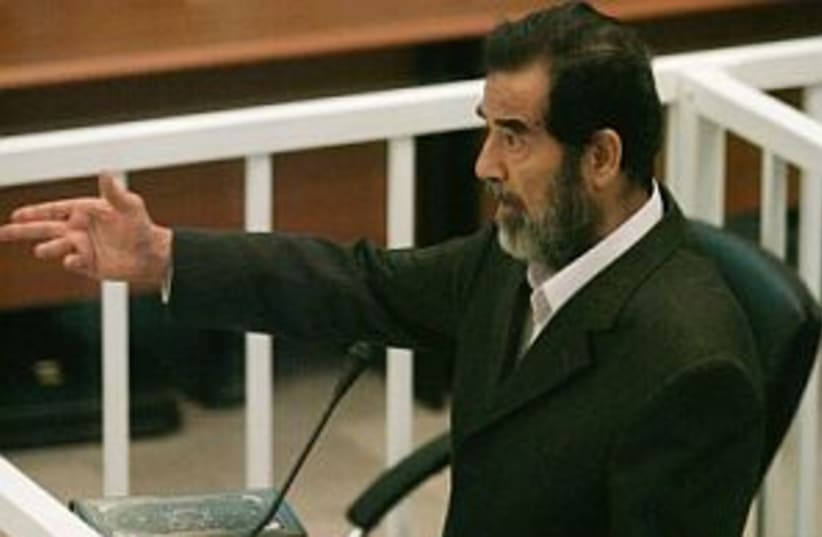Send us your comments >>
| More about: | Iraqi Army, United States Army, President of the United States, High Mobility Multipurpose Wheeled Vehicle |

| More about: | Iraqi Army, United States Army, President of the United States, High Mobility Multipurpose Wheeled Vehicle |